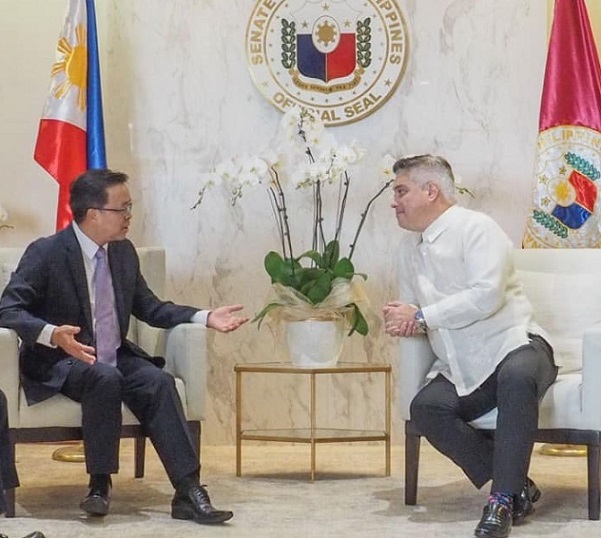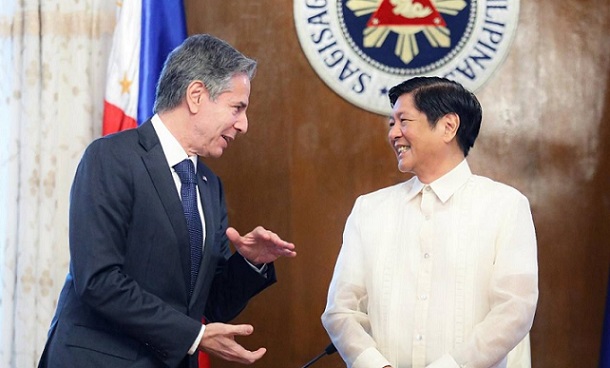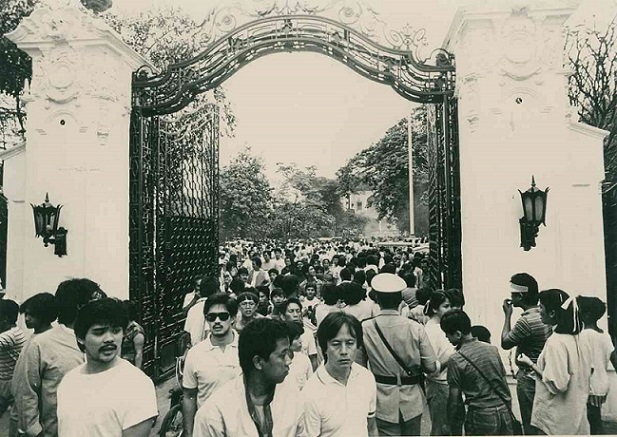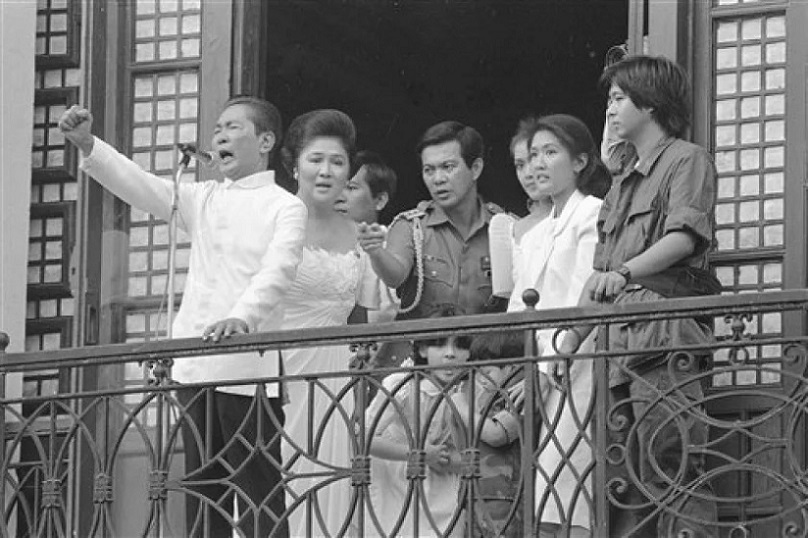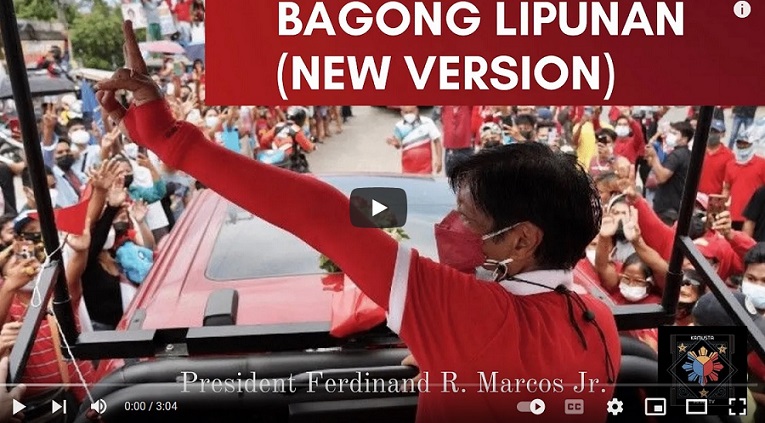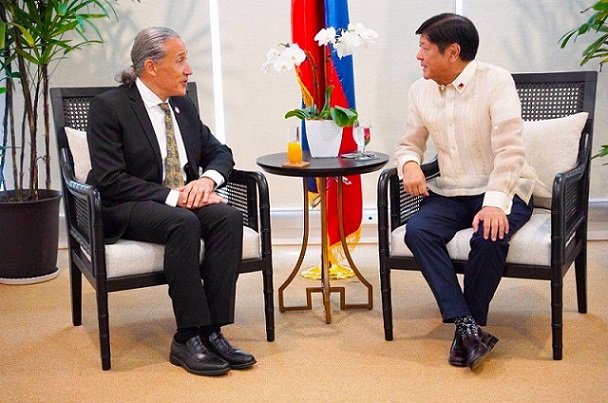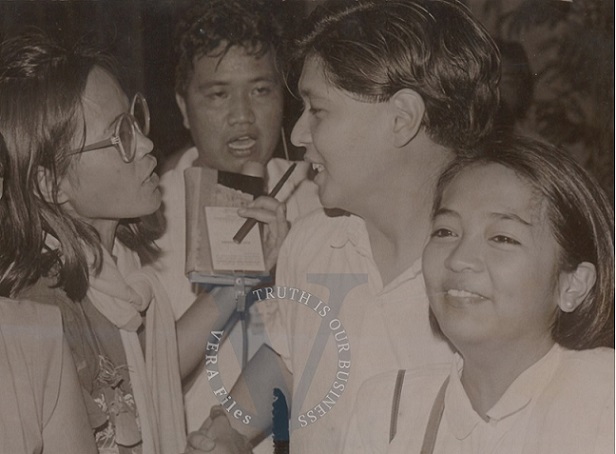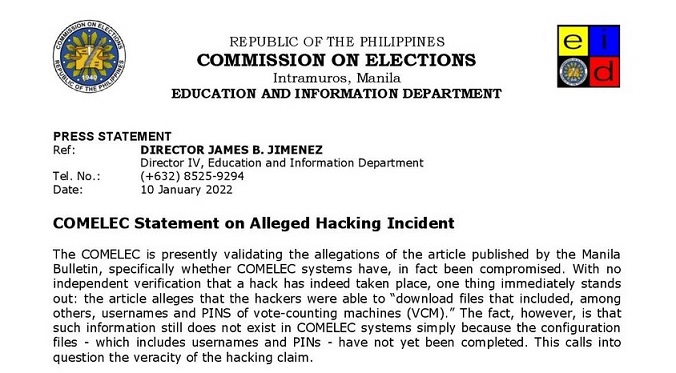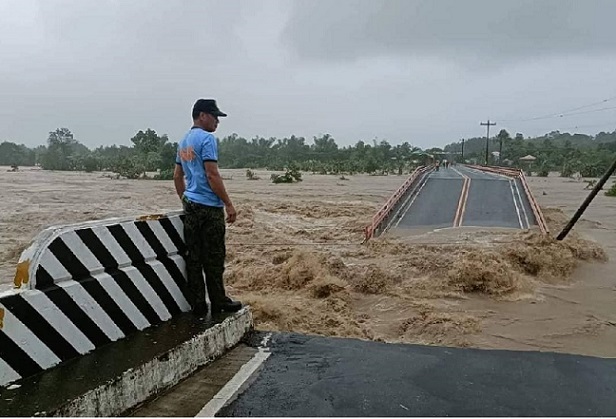
While browsing Facebook on Monday, I saw the Paliwan Bridge in Bugasong, Antique had collapsed. Its approaches were washed away so the bridge is now in the middle of a river- a scene that brings back childhood memories of my dangerous and arduous journey through raging rivers during the rainy season.
I called up my niece in Guisijan, a barrio in the town of Laua-an next to Bugasong, just a few kilometers from Paliwan Bridge. Our conversation was brief because electricity had not been restored and her power bank was draining. Nobody could cross the rampaging waters of Paliwan River, she said.
The distance between San Jose de Buenavista, the capital town of Antique – one of the four provinces (Antique, Iloilo, Capiz and Aklan) in Panay island – and Guisijan is about 50 kilometers, crossing at least five rivers. I’m not sure about the exact number of rivers. Some may only be brooks (sapa) but they are all spanned by bridges, some short and others long.
